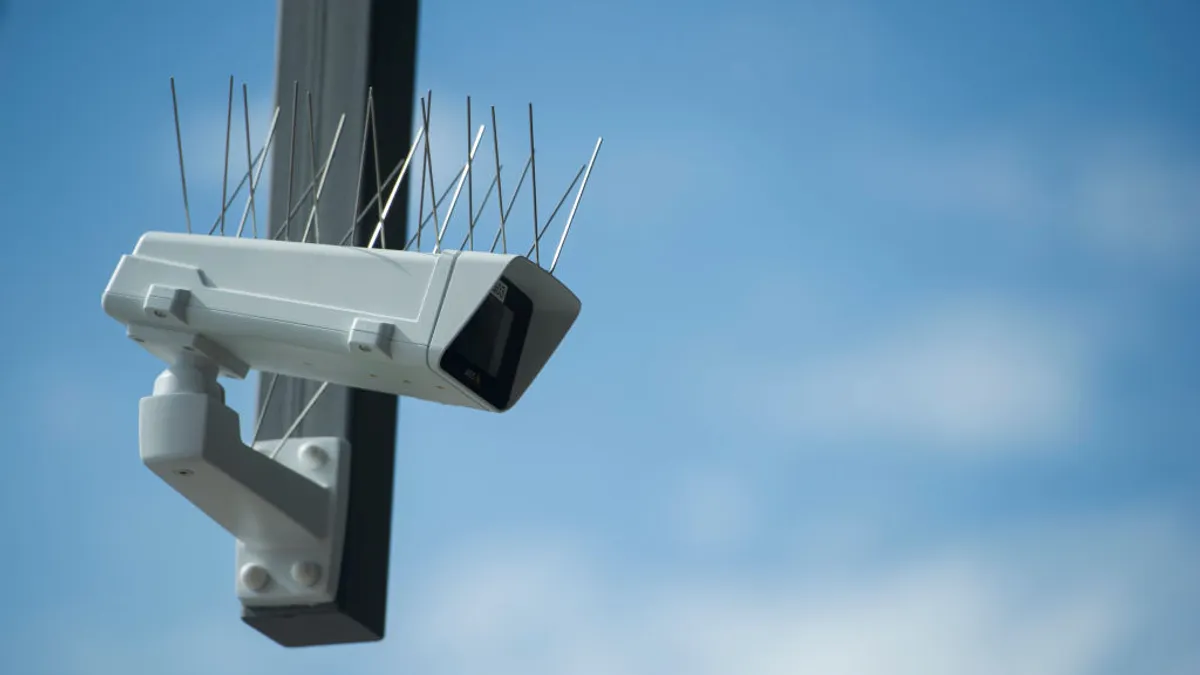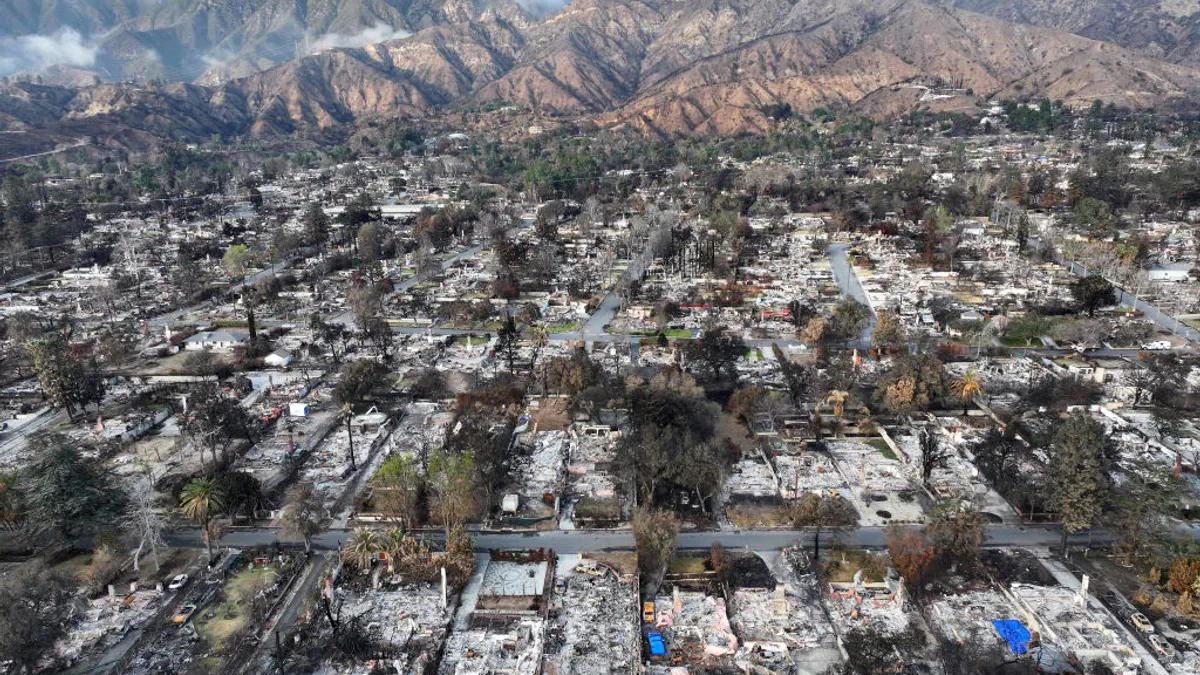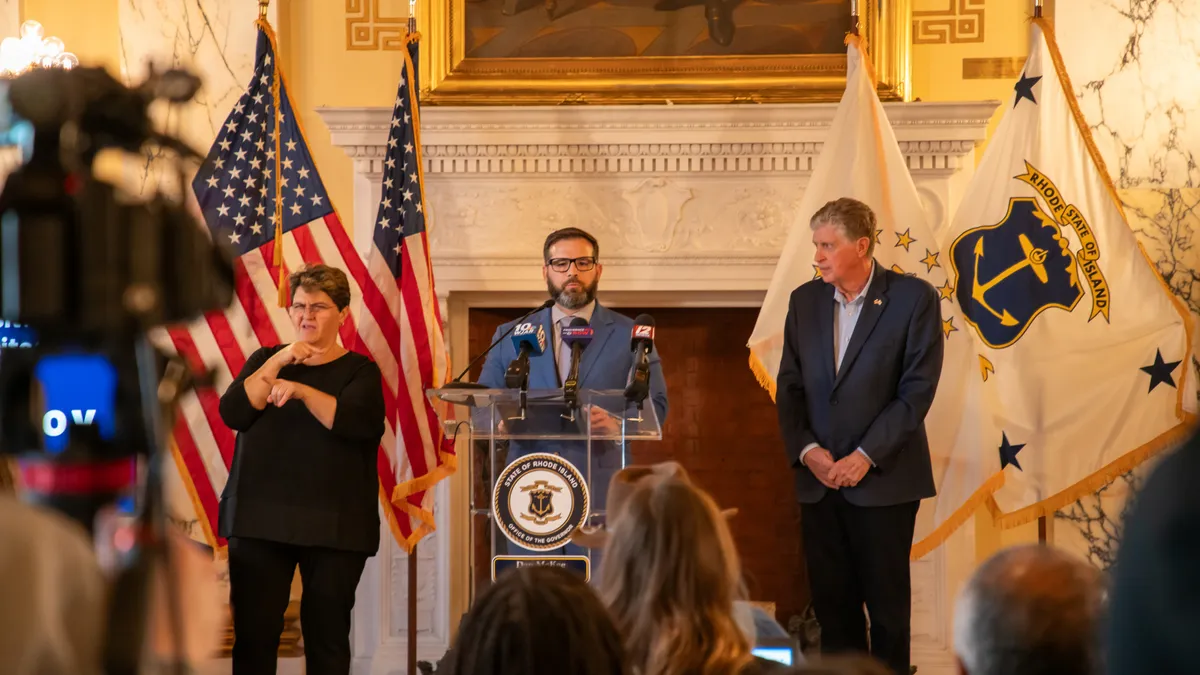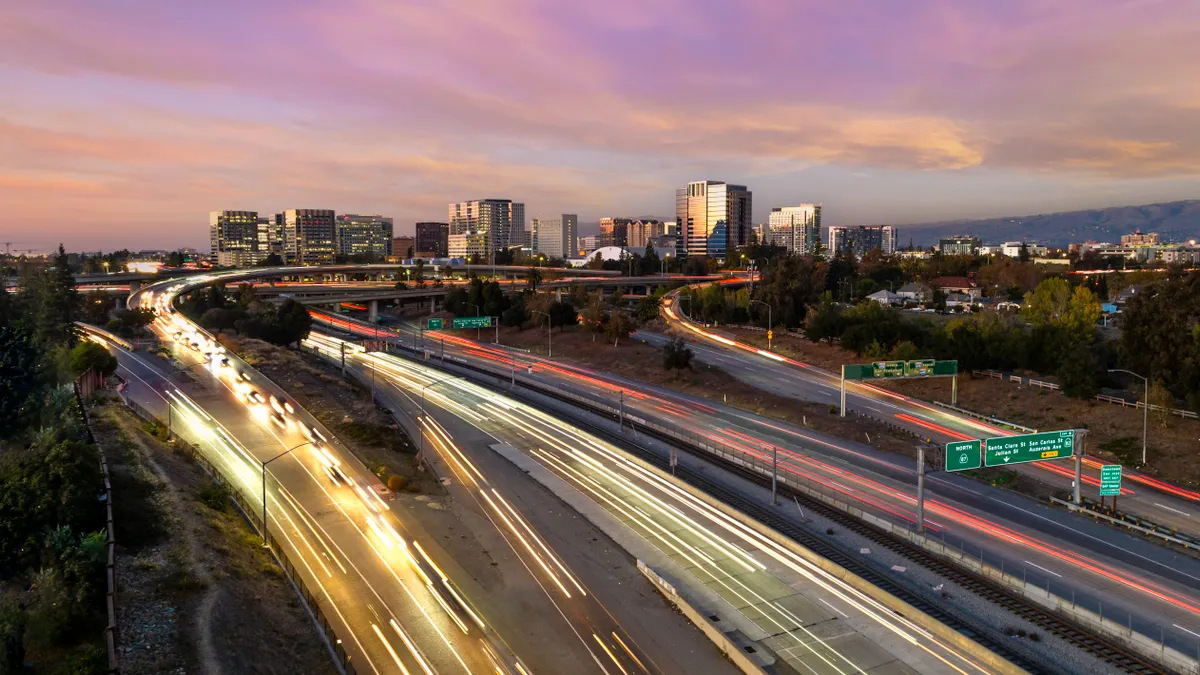San Francisco Mayor London Breed has proposed amending an existing law to allow police officers to monitor surveillance cameras in real time. The original ordinance limiting surveillance was a landmark when the city passed it in 2019.
Breed's office said she plans to update the law by introducing legislation to the Board of Supervisors while also proposing a ballot measure for the June election if an agreement can't be reached with the board.
The mayor’s proposal is part of a larger bid to address public safety. It follows her mid-December state of emergency declaration for a local neighborhood following increases in crime and drug overdoses. The amendment would provide police with temporary camera access to monitor and respond to crimes that occur during "critical events or in public safety crisis areas." The proposal defines those areas, in part, as locations with open-air drug sales or where a documented increase in violent crime took place within a two-week period.
Privacy experts caution, however, that loosening San Francisco’s surveillance restrictions for law enforcement could result in significant civil liberties consequences.
"This is a gutting of the surveillance ordinance. It is trying to exempt the police from democratic oversight," said Saira Hussain, a staff attorney with the Electronic Frontier Foundation. Hussain is leading a lawsuit against the city and county of San Francisco for the police department’s use of cameras during the George Floyd protests in May and June 2020.
San Francisco’s Board of Supervisors enacted the Surveillance Technology Ordinance in 2019. It sought to create a transparent and public process for city use of surveillance technologies while also banning facial recognition technology. It requires city departments to submit requests to the city’s Board of Supervisors for approval for their use of any surveillance technology. That includes electric toll readers, license plate readers, surveillance cameras and gunshot detection hardware.
The ordinance is one of about 18 such ordinances across the country, according to Hussain. It made San Francisco a leader in advancing this type of oversight because the city became one of the first to ban facial recognition technology, she said. Breed’s new proposal would leave the facial recognition ban in place.
Hussain said the mayor’s new proposal would allow the police "unilateral authority to deploy surveillance technology whenever and wherever they feel it's appropriate."
But the mayor's office contends that the ordinance has hindered the police department's ability to prevent and respond to crime. There needs to be a "better balance" between surveillance restrictions and the department's ability to use cameras and other technology, Jeff Cretan, communications director for the San Francisco mayor’s office, said in an email statement to Smart Cities Dive, "especially as organized rings are getting better and better access to sophisticated tools."
"The Mayor wants to make sure our police officers have the tools they need to address the challenges we have around public safety. This can be done while maintaining strong oversight to prevent against any abuse," Cretan said.
However, Oakland, California's, Privacy Advisory Commission Chair Brian Hofer said most of the crimes that people are currently concerned about will not be solved by cameras. Hofer also is chair and executive director of Secure Justice, a nonprofit that advocates against state abuses of power and government and corporate overreach.
According to Hofer, local leaders need to be clearheaded and understand that there’s no evidence these types of surveillance frameworks or restrictions have harmed public safety. The proposed amendment would destroy the surveillance ordinance, he said.
The San Francisco Police Department told Smart Cities Dive it is not able to comment on pending legislation.
The Board of Supervisors will weigh an alternative to the mayor’s suggested ballot measure later this month, according to Hofer. If the board doesn’t agree on a counterproposal, the amendment will be up for a vote in the June election.
The potential loosening of San Francisco's surveillance restrictions comes as the mayor also has reversed course on the police budget cuts that followed nationwide calls for police reform after the police killing of George Floyd. This reversal is a trend being seen across many U.S. cities.
We are seeing backtracking of what we think public safety is and should do compared with what was being called for during the George Floyd protests, Hussain said.
"I fear that here, San Francisco is taking steps to give the police more unchecked power and [is] turning its back on some of the commitments that it made in the wake of George Floyd's murder," she said. "I hope that this isn’t part of a larger trend, but I think time will tell."




















